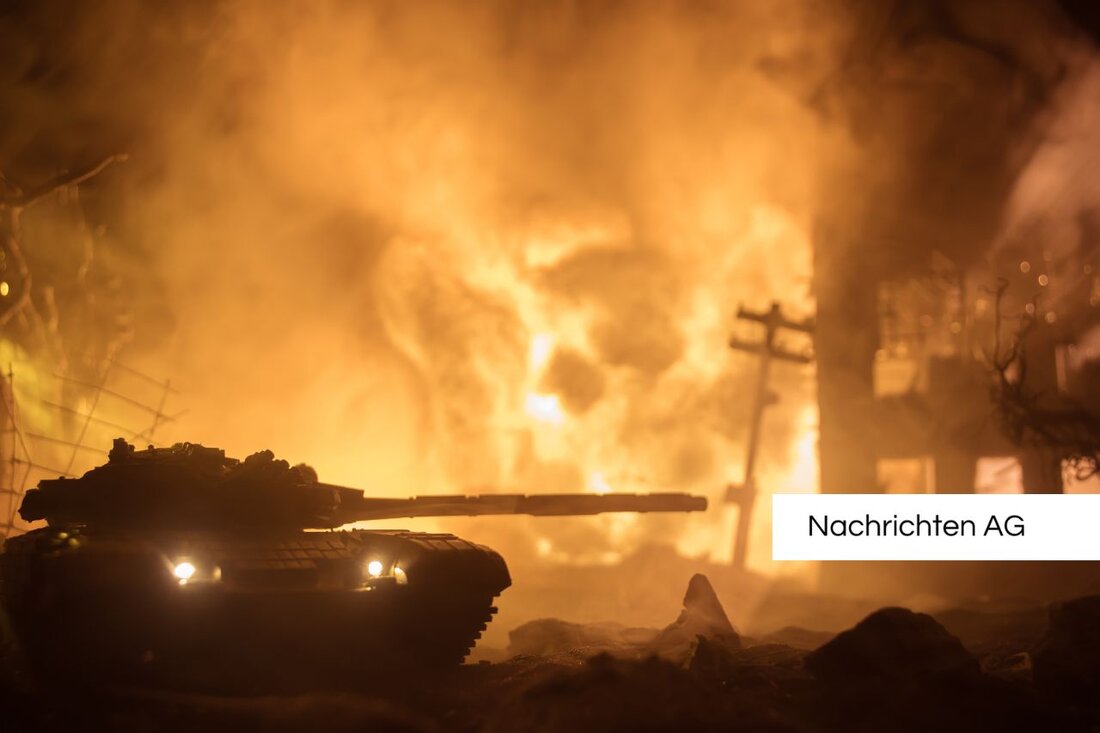Medvedev threatens Austria: Military consequences for NATO joining!
Dmitri Medledew threatens Austria when they join NATO with military violence, while the government defends neutrality.

Medvedev threatens Austria: Military consequences for NATO joining!
The former President of Russia, Dmitri Medvedev, threatens Austria with military consequences, should give up the Alpine Republic of its neutrality and join NATO. In an interview on the state broadcaster RT, Medvedev said that such a decision could include the Federal Army in the long -distance mission plans of the Russian armed forces. This would not only endanger Austria's security, but also violate international contracts that were established during the post -war period. In addition to the devastating side effects for Austrian security, the entitlement to neutrality would also be questioned, which Medvedev compared to the annexation of Austria by Germany in 1938.
The Austrian federal government is unimpressed by these threats. In the Foreign Ministry in Vienna, the statements of the Russian Vice Center of the Security Council were rejected as interference in internal affairs. Defense Minister Klaudia Tanner (ÖVP) emphasized that NATO joining was not up for debate and described Medvedew's threats as unacceptable and as an attack on the independence of Austria. In addition, Federal President Alexander Van der Bellen emphasized that he is advising on NATO accession.
Reactions from politics
The reactions to Medledew's statements vary within the Austrian party landscape. The NEOS described the threats as "targeted and unique provocation" and demanded that security policy will continue to be decided by the citizens of Austria and not foreign influence. Green foreign policy spokeswoman Meri Disoski accused the Kremlin to intimidate Austria. "Investigation has no place in Europe," says Disoski. The FPÖ, on the other hand, criticized the alleged "treason" of the federal government and called for a change in foreign policy.
Medwedew, who is now the Vice-President of the Russian Security Council, continued to argue that military cooperation with NATO could not only be seen as a violation of neutrality, but also the four allies of the Second World War, including Russia, would have a say in the NATO accession. He took this step in a large European context and criticized the supposedly militaristic attitude of many European nations, which he compares with a "enchanted moth on the light" that plunges into NATO's destructive fire.
The role of Austrian neutrality
Austrian neutrality has a multi -layered history and development that began with the 1955 neutrality law. In his analyzes, Martin Senn describes the three dimensions of Austria's neutrality policy: interpretation, attractiveness and deterrent. In the interpretation, neutrality policy is designed and discussed, with the attractiveness of external security measures, while the deterrent aims to prevent potential aggressors from violating neutrality.
Public opinion on neutrality has changed in recent decades. Although approval for neutrality has increased according to international crises such as the Kosovo war or the events of September 11, there are also voices, including from the ranks of the NEOs, which stimulate a discussion about a European defense union. With the neutral Nordic states, Finland and Sweden, which, after the Russian attack on Ukraine 2022, of NATO, the future role of Austria will be reconsidered in a security context.
Overall, the situation shows that Austria's neutrality is still considered a sensitive topic in both domestic and abroad, especially in view of the aggressive rhetoric from Moscow.
For further details on the neutrality policy of Austria, please visit the page of the Parliament.

 Suche
Suche
